Thai "Cannabis Boom" Following Law Change.
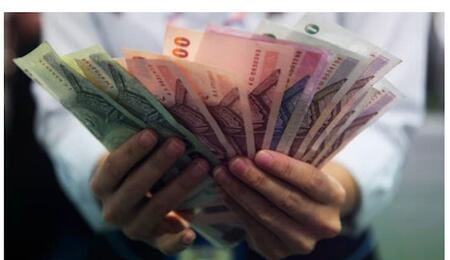
Thailand has seen an explosion in cannabis products since the plant's removal from the banned narcotics list. New supply chains are rapidly sprouting for cannabis-derived products, from cannabis leaves used in hot sriracha sauce and gummy bears infused with terpenes to hemp teas and pre-rolled joints.
Removing cannabis from its list of banned narcotics was intended only to make it easier for growers and consumers of cannabis products to obtain the plant for culinary or medicinal intents. Recreational use remains against the law.
Regardless of this however, recreational use has also taken off across Thailand driving a developing business in cannabis buds, cookies and beverages. For many young people, cannabis products have poorly provided needed income streams following the collapse of tourism due to the COVID-19 pandemic. Since the law changed, you can see how many young people now have a new chance to make a living on social media. The hashtag "#saikiew," meaning "green way of life", has become popular to promote cannabis products and share tips on cultivating the plant.
Up to now, tens of thousands of small farmers have registered to grow cannabis legally. At the same time, many more are believed to be trying their hand at unregistered home farms. But the relative free-for-all which has delivered Thailand the most open cannabis regime in Asia could be short-lived.
With a cannabis bill due before parliament very soon, politicians are under heavy pressure to restrain – or even ban – recreational use. Health Minister Anutin Charnvirakul recently explained that the relaxation of the law was intended for medical purposes, stating, "The whole plant is no longer a narcotic, only the extract, not the flowers, the trees nor the roots" with "under 0.2 per cent THC" can be used.
Some fear that small businesses will be left with a market saturated with cannabis once the hype wears off. They fear they will be pushed to endure high costs to grow top-end strains with more significant profits.
"It's not that simple to grow good weed. If you want to grow Thai strains, you can plant them in your backyard, and they will grow … but if you want to grow other strains, you have to know how, otherwise, it's too risky to put in your money." Piyatida Jantra, experienced cultivator.
Experts predict the Thai cannabis market could be worth several billion dollars a year if the law stays liberal. However, most of that is expected to be absorbed by the corporate sector, which has bought land for plantations and factories to make high-end CBD oils. There is, of course, the tourist industry to consider, with health and wellness resorts expected to boom with the introduction of cannabis-based experiences.
According to industry figures, the inability of local growers to meet demand has already resulted in illegal American imports filling Thai shelves. With around 70 per cent of weed circulating in the Thai market right now thought to be from US imports
Chokwan "Kitty" Chopaka, a passionate advocate for cannabis reform, thinks that it is likely too late now to try and tighten up the laws on recreational use.
"It is interesting to see how society changes with the thought of money," Chopaka said, citing the tax revenue for an obligated government as one of the more general motivators for the easing of the law in the first place.
"Suddenly a 'druggie' becomes a business person, and a bedroom grower turns into a master grower … anyone who takes a selfie with some weed, the next day their phone won't stop ringing with people asking for their help to enter the market. "

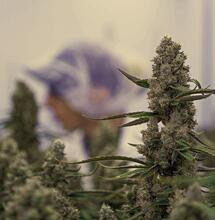
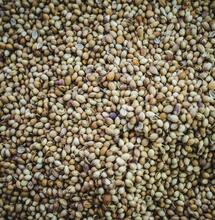
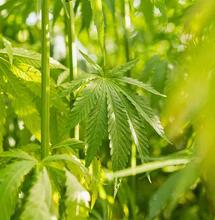

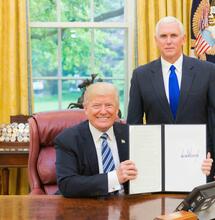



_11zon.jpg)

